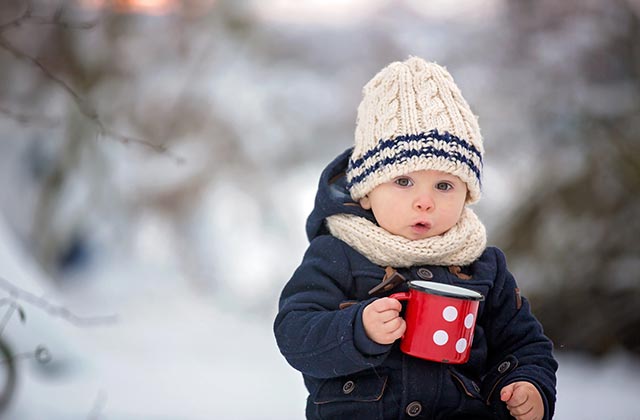How Do You Clear Up Baby Acne?
Baby acne is a common skin condition that temporarily develops on a baby’s face or body. This results in tiny red or white bumps or pimples. In most cases, baby acne resolves on its own without treatment.
Baby acne occurs in about 20 percent of newborns. It is also known as neonatal acne. This only happens in your baby’s first few months of life.
Symptoms of baby acne
Like adult acne, baby acne usually appears as red bumps or pimples. Whiteheads or white pustules may also develop, and reddish skin may surround the bumps.
Babies can develop acne anywhere on their face but commonly appears on their cheeks. Some babies may also have acne on the neck or their upper back. The acne may become more pronounced if your baby is crying or fussy. Rough fabrics may irritate the acne, as well as vomit or saliva that stays on their face.
Occasionally, baby acne may be present at birth. But for most cases, it develops within two to four weeks after birth. It may last for a few days, weeks, or some cases can last up to several months.
Other conditions that may resemble baby acne
Eczema
This skin condition usually shows up as red bumps on the face. It may also appear on the elbow and knees as your baby grows older. Eczema can become infected and appear crusty and yellow. It may also worsen as your baby starts to crawl around and scrape their elbows and knees. It is usually easy for your baby’s doctor to distinguish between baby acne and eczema.
Milia
Milia is a skin condition that appears as tiny white bumps that develop on your baby’s face. They occur dead skin cells are caught in the tiny pockets of skin that usually appear within the first few weeks of birth.
Erythema toxicum
This is another common skin condition for babies that may appear as rash, red blotches, or tiny bumps. It can be seen on your baby’s face, limbs, or chest in the first few days after their birth. It is a harmless condition that usually disappears in less than a week after birth.
Treatment for baby acne
For the majority of cases, baby acne usually disappears on its own. Some babies have acne that may linger for months instead of weeks. To treat this, your baby’s doctor may prescribe a medicated cream or ointment that helps clear up acne.
The baby’s skin is very sensitive, putting acne treatments, face wash, or lotions that a pediatrician does not prescribe may cause additional skin irritation and make the acne worse.
Home Remedies to Help Clear Baby Acne
1. Keep baby’s face clean
Daily wash your baby’s face with warm water. You can do this during bath time. You can do this by washing it with water or with a mild soap or a soap-free cleanser. You can ask your child’s pediatrician for recommendations.
2. Avoid using harsh products on your child
Anti-acne products that are used for adult acne that contain retinoid, vitamin A, or erythromycin are not recommended for baby acne as these are harsh chemicals for their skin.
Avoid using scented soaps, bubble baths, and other types of soaps that contain excessive chemicals.
3. Skip using lotions or oils
Lotions and creams may irritate your baby’s skin and may worsen the acne.
4. Dry your baby’s face gently
Scrubbing your baby’s skin with a towel may further aggravate their skin. Instead, gently sweep a washcloth in circular motions over their face. Once the cleanser is washed off, dry your baby’s face by patting it with a towel.
5. Don’t squeeze
Avoid squeezing or pinching the acne. This may worsen the problem and irritate your baby’s skin.
6. Be patient
The Baby’s acne is harmless if it is not itchy or painful for the baby. It should quickly resolve on its own even without you doing anything.
For rare conditions, your baby’s acne may not respond to home treatments. These conditions include tumours, CAH, or adrenal disorder congenital adrenal hyperplasia, and other conditions related to the endocrine system.
When should you see a doctor for your baby’s acne?
There is no treatment for baby acne, but you should still consult your baby’s doctor if you are worried about it, especially when symptoms are still present after several months. You can also update your child’s pediatrician about this during their general checkup every month.
If you see blackheads, pus-filled bumps, or inflammation on your baby’s acne, consult a doctor immediately. If your baby is experiencing pain or discomfort, you should also contact a doctor or book an online consultation if you don’t have a doctor available in your area.For more questions about your baby’s acne, or anything about your baby’s health, contact online doctor Ontario. You can also book an online consultation or check-up for your health and your baby’s.


